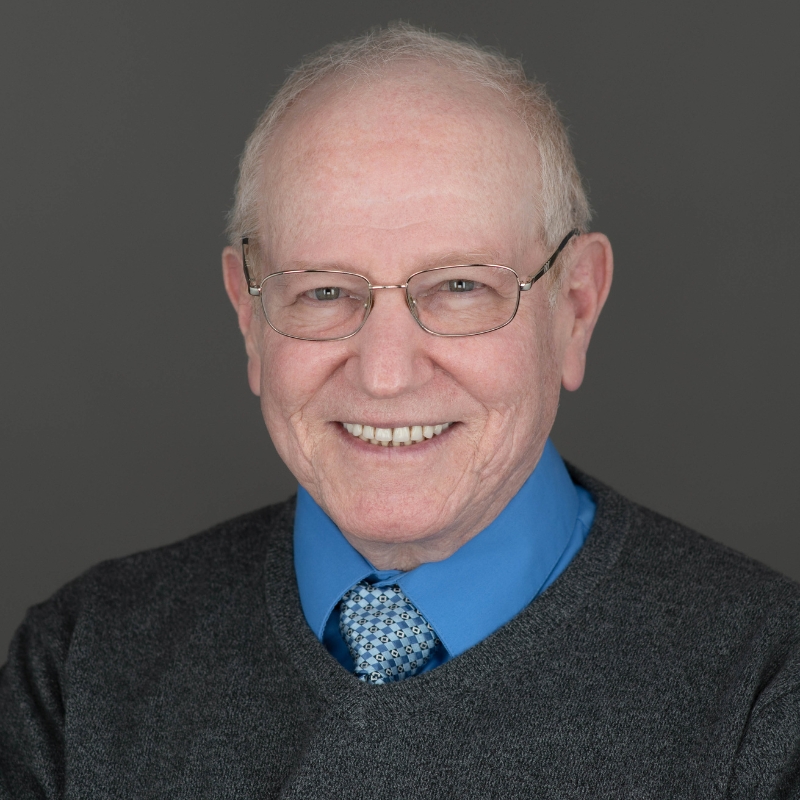This week’s Torah portion, Ki Tavo, in the book of Deuteronomy, highlights the time in Jewish history when the Israelites were poised to enter the Land of Israel. Before they could enter the Land, however, the people were commanded to perform rituals, including a formal recitation of a particular aspect of their history. This recitation is perhaps better known as a key feature of the Passover Haggadah, in the section that begins, “Tse u’lmad” — “Go and learn.” It reads, “An Aramean sought my father’s death,” after describing how Laban and his people desired to wipe out all of the Hebrews, while Pharaoh only wanted to kill the firstborn males.
The attempt to kill an entire people is called genocide. It is a horrific evil, usually based on the exploitation of fear and ignorance for nefarious reasons toward a group the majority considers “strangers.” Because this has been attempted against the Jewish people in both ancient and modern times, Jews tend to be particularly sensitive about anything that approaches or is similar to genocide. Our Torah portion this week gives us insight into how to avoid attitudes that could lead to this incomprehensible evil.
Find more resources on Ki Tavo.
The primary method the Torah uses to reduce hostility toward the “other,” “stranger,” or “sojourner” in your land is to personally identify with them. Leviticus 19:34 reads, “The stranger who resides with you shall be to you as the native among you, and you shall love them as yourself; for you were strangers in the land of Egypt: I am the Lord your God.” The Haggadah strengthens this idea further: “In every generation one is obligated to view themselves as though they came out of Egypt, as it says: Tell your offspring on that day saying, ‘Because of this God acted for me when I came out of Egypt.’” (Exodus 13:8) How can strangers be treated as if they are not “others”? Because we are all strangers. We are strangers to others, and others are strangers to us.
Hostility to strangers is based mostly on fear. Are there strangers who are out to get us? Absolutely, but anyone familiar with military intelligence operations or professional police work knows that potential enemies and threats are thoroughly investigated, and known entities become less of a threat the more our knowledge of them increases. Hopefully, that knowledge can one day lead to friendship and not enmity with people we once considered strangers.
Find more commentaries on our shared humanity.
So, how can fear of the stranger be overcome? In this week’s Torah portion, the first fruits are presented. We are to recite the history of when we were strangers while making an offering. We can think of Temple offerings in a variety of ways. For example, the offering is a form of sacrifice, and suggests we can do with less if it is for a higher purpose. I would like to emphasize, however, the act of giving as a way of strengthening a relationship. In the case of the parshah, between God and Israel. The Israelites are commanded to make an offering, to give a gift as they recount their history. Today, gratitude and generosity modulate and reduce fear and gift giving is often a crucial first step in diplomacy and peacemaking. In the early stages of peacemaking, precautions are still maintained. As we give gifts to God, so too can we give gifts to others to help strengthen those relationships and to build trust. Alertness and vigilance towards a former enemy may still be called for, but the gift is a gesture of peace, to reassure the other that they have nothing to fear.
There are two key messages that are taught in Ki Tavo. One is that we are to identify with the stranger, because we, too, are strangers. The other is that fear of “strangers” is a major barrier to peaceful coexistence and friendship, and the more we become familiar with and learn about the “stranger,” the less we need to fear them. May devotion to study and generosity in both material and spiritual senses bring us closer to a world where peace and friendship overcome fear of the stranger.
Rabbi Richard Ettelson, Ph.D, has been a chaplain for the U.S. Navy and for the California Department of State Hospitals, as well as a congregational rabbi. He is a licensed psychologist, currently in a private telehealth group practice in California.

